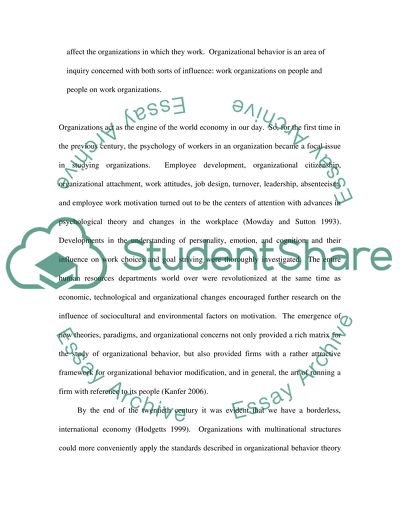Cite this document
(“Call For Further Research To Enhance Organizational Behavior Theory Essay”, n.d.)
Call For Further Research To Enhance Organizational Behavior Theory Essay. Retrieved from https://studentshare.org/miscellaneous/1510143-call-for-further-research-to-enhance-organizational-behavior-theory
Call For Further Research To Enhance Organizational Behavior Theory Essay. Retrieved from https://studentshare.org/miscellaneous/1510143-call-for-further-research-to-enhance-organizational-behavior-theory
(Call For Further Research To Enhance Organizational Behavior Theory Essay)
Call For Further Research To Enhance Organizational Behavior Theory Essay. https://studentshare.org/miscellaneous/1510143-call-for-further-research-to-enhance-organizational-behavior-theory.
Call For Further Research To Enhance Organizational Behavior Theory Essay. https://studentshare.org/miscellaneous/1510143-call-for-further-research-to-enhance-organizational-behavior-theory.
“Call For Further Research To Enhance Organizational Behavior Theory Essay”, n.d. https://studentshare.org/miscellaneous/1510143-call-for-further-research-to-enhance-organizational-behavior-theory.


